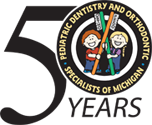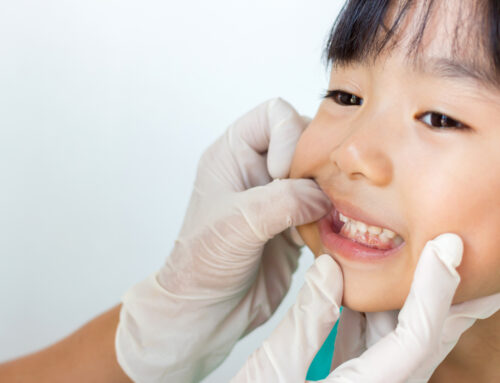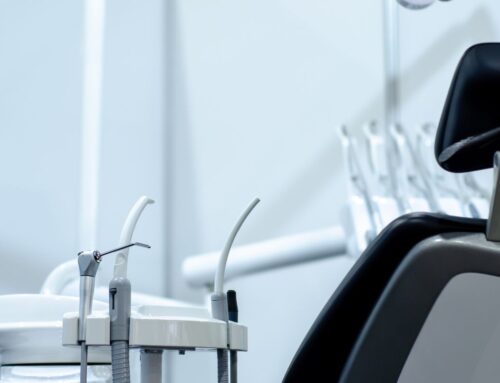Many of our patients ask us what the best actions are that they can take to care for their teeth properly and ensure that they have healthy teeth for life. There are a lot of things to consider, but our top four would include: 1) limiting sugary foods and drinks, 2) start children early, 3) brush and floss daily, and 4) rinse or chew gum after meals.
1) Limiting Sugary Foods and Drinks: The sugar in foods and drinks such as soda, some juices, and even wine can lead to tooth decay and cavities. Tooth decay occurs when cavity-causing bacteria that naturally live in the mouth consume sugar and produce acids that damage teeth. Beverages such as soda and wine also deliver very high acid levels that can cause enamel erosion. Every time you take a sip of a sugary or acidic drink, the acid content of your mouth increases and can put the teeth at risk for erosion or decay.
The best thing to do to prevent this is to limit your intake of these beverages. Additionally, when they are consumed, it is best to drink them in one sitting with a meal as opposed to over prolonged time periods. Drinking through a straw may also reduce direct contact and drinking water after you have had your sweet beverage can help rinse out your mouth. Sugary foods should also be limited for the same reason as sticky foods such as candy can get stuck to the teeth and make the sugar exposure worse.
2) Start Children Early: Studies have found that half of all children between ages 12 and 15 have cavities. Dental care should begin as soon as that first tooth appears by taking your child to your pediatric dentist. Those visits should continue every six months indefinitely. The every-6-month checkup is critical for removal of plaque and calculus that cannot be brushed away as well as screening for dental problems that patients cannot detect at home. This will ensure that any problems you may still have will be taken care of early so as to avoid serious oral problems.
3) Brush and Floss Daily: Flossing once a day and brushing at least twice a day can prevent gum disease and tooth decay. Coupled with every-6-month dental care, this routine will typically deliver amazing results at your follow up checkups and a healthy, radiant smile.
4) Rinse or Chew Gum After Meals: Finally, rinsing after each meal can be a great way to help prevent decay and gum problems. Use of an antibacterial rinse and/or sugar-free gum chewing after meals can be beneficial by increasing salivary flow and manually disrupting food and plaque accumulation on teeth and gum line. Of course, gum should be avoided if orthodontic treatment is ongoing or if you or your child has any TMJ symptoms.
We love providing helpful advice regarding dental health! Please let us know if you have any other questions.
About Pediatric Dentistry and Orthodontic Specialists of Michigan, the offices of Drs. Delaney, Plunkett, Ralstrom, Makowski, Thanasas, Ker, and Associates
Pediatric Dentistry and Orthodontic Specialists of Michigan have specialized in pediatric dentistry and orthodontics since 1968. Our family-friendly office gives patients and families a more comfortable and consistent experience with dentistry from the very beginning. The pediatric dentists treat children from newborn to 18 years of age while our orthodontists provide care for both children and adults, including being an Invisalign preferred provider. The ability to treat all special needs patients reaches beyond our facility, which has treatment rooms available for children who require additional privacy. Valued hospital affiliations allow dental services to be performed at DMC Children’s Hospital and St. John’s Hospital Macomb when needed. Our specialists are also on staff at Henry Ford and Beaumont hospitals.





